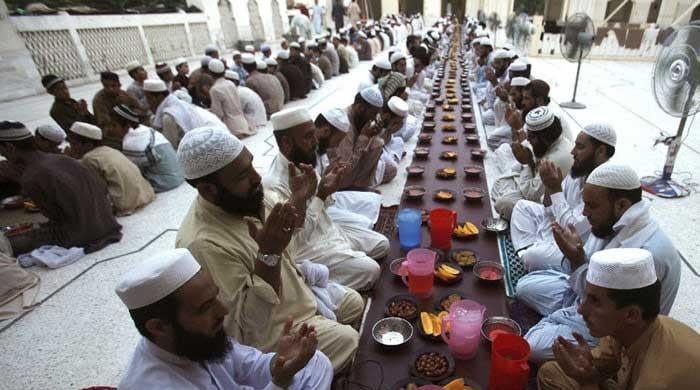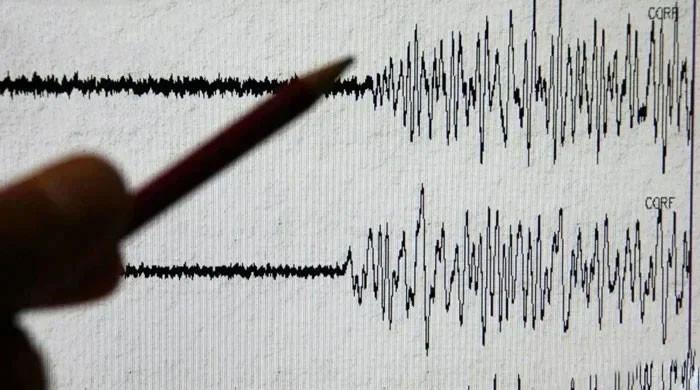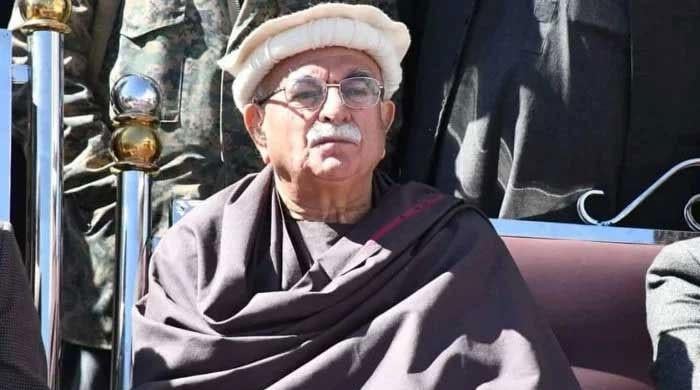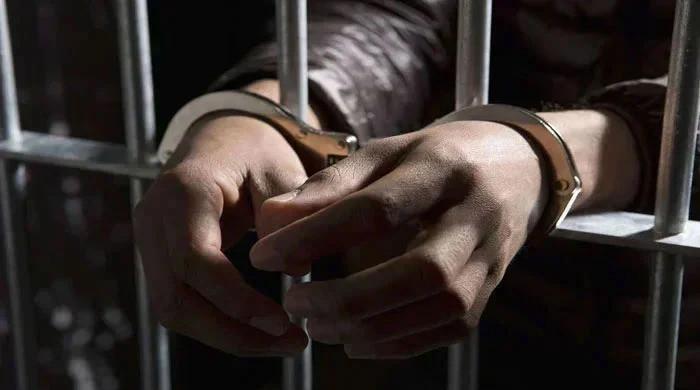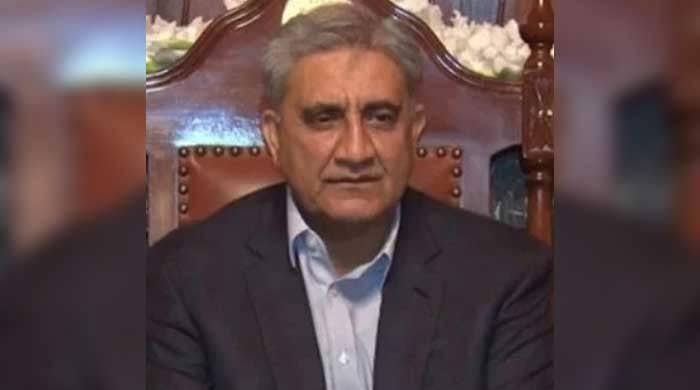Money laundering biggest reason behind economic crisis, says PM Imran Khan
PM Imran Khan says rupee depreciated because incumbent government inherited largest national debt in Pakistan's history
June 29, 2019
ISLAMABAD: Prime Minister Imran Khan on Saturday said that money laundering and corruption were the biggest reasons for the economic crisis faced by Pakistan.
Prime Minister Imran Khan, speaking on the floor of the National Assembly after the passage of the federal budget and the Finance Bill 2019-20, said that the Pakistani rupee has depreciated because the incumbent government inherited the largest national debt in Pakistan's history.
"The biggest reason for the depreciation in the Pakistani rupee is money laundering. Money was sent abroad through illicit channels because if those in power send their money outside Pakistan they will not be able to stop others," he said on the floor of the assembly.
He said that Pakistanis had $10 billion stashed outside of the country.
"Things are being revealed after investigations into the Zardari group, Omni group, and fake bank accounts. Money was stolen from Pakistan and sent abroad," he said, lashing out at leaders of the opposition parties Pakistan People's Party (PPP) and the Pakistan Muslim League-Nawaz (PML-N). He said that, after what had been revealed following the investigation into the opposition leader's family, he had no right to speak on the depreciation of the Pakistani rupee.
"These people are ones responsible themselves. Those who are accused of looting from the people of this country, how can they come and deliver speeches on the floor of this assembly?" he remarked.
"Those accused of billions in corruption become part of the Public Accounts Committee. Can you imagine how we have torn our parliament and democracy into pieces?"
The prime minister lauded members of the government and its allies for participation in and approving the budget by majority. He especially praised the speech by Minister Murad Saeed on the floor as well as the work of Minister of State for Revenue Hammad Azhar, saying that he deserves being promoted to federal minister.
The prime minister criticised the opposition again, and in an apparent jibe at Jamiat Ulema-i-Islam Fazl (JUI-F) chief Fazlur Rehman, slammed the "12th man of politics who goes around gathering people to topple the government every other day".
"Can you believe that you leave behind historic debt and ask others what they did instead? All international ratings agencies look at just one thing: Is the current account in deficit?" he said. "Those who have left us in debt are blaming us. And then they try to mimic Nelson Mandela's voice and ask the why rupee is falling."
He said that the incumbent government's biggest challenge was to balance the current account. "We have managed to reduce the current account deficit by 30 percent."
Speaking further on the economic measures being by the government, Prime Minister Imran Khan promised that there would be "a complete crackdown on money laundering".
"Any kind of previous loopholes on money laundering will be closed. We are supporting overseas Pakistanis and our remittances are increasing. We are focusing on investment to bring in to Pakistan," he said, adding that different housing schemes by would be launched soon the government which would positively impact 40 directly-related industries.
"We are trying our best that the burden of these difficult times is borne by those who can bear it...those who have the money and the capability. We are trying our best that the least privileged sector gets the least burden," he said.
"We have given Rs217bn subsidy in electricity so 75% of consumers are not burdened. We are giving Rs5bn micro-credit for housing, which will Inshalah keep increasing. Another sector which we will continue to encourage will be the agriculture sector. We will bring a detailed plan for farmers. We have signed memoranda of understanding with the Chinese in CPEC for transfer of technology to improve livestock and yield," he said.
The prime minister said his government was also focusing on industrialization, which was critical for job growth and increasing the country's exports. "There has been de-industrialisaton in Pakistan in the past. Industry is critical for job growth and increasing exports. After 1960s, this is the first government focusing on industrial growth, and we will continue to incentivise (the industrial sector)."
The prime minister particularly mentioned Sardar Akhtar Mengal of the Balochistan National Party-Mengal (BNP-M), whose support proved critical for the government for having the budget approved by the House.
"Akhtar Mengal from Balochistan here. One of our biggest problems is that the richer has gotten richer and poor has had no impact. Some areas have grown while other have been flung back. This is lopsided development. Balochistan is one of those areas, and the other is (erstwhile) FATA," he said.
The prime minister also thanked the armed forces for slashing their chunk of the budget, and said Chief of Army Staff General Qamar Javed Bajwa had insisted that the funds saved from the defence budget be spent on the welfare of Balochistan and erstwhile FATA region.
"I want to thank the armed forces especially for these areas. Despite the fact that terrorism comes from across the border and that our soldiers lay down their lives, they froze their budget just because Pakistan is going through difficult times.
"They saw that government is trying, and our austerity started with me, while our ministers have cut down pay by 10 percent, we have saved Rs300million at the PM House. Gen Bajwa especially told me that they want the money saved from this to be spent on Balochistan and FATA," he said.
The prime minister also said that the government was bringing a special Rs45bn package for Karachi, but stressed that the development of urban areas was the responsibility of the respective provincial governments.
"Karachi's issue is that, ever since this NFC award was granted, when the centre gives funds to provinces, the federal government goes into loss," he said.
"We have tried to bring a special separate Rs45bn package for Karachi, although it is the provincial government's responsibility.
He said that the state of Pakistan's urban areas will not improve as long as the local government system does not work properly.
"City administrations, like the rest of the world, need to raise their own funds. Karachi only raises $21mn," he pointed out. "This new local government system being launched in Khyber Pakhtunkhwa and Punjab will empower city administrations to raise their own funds."




